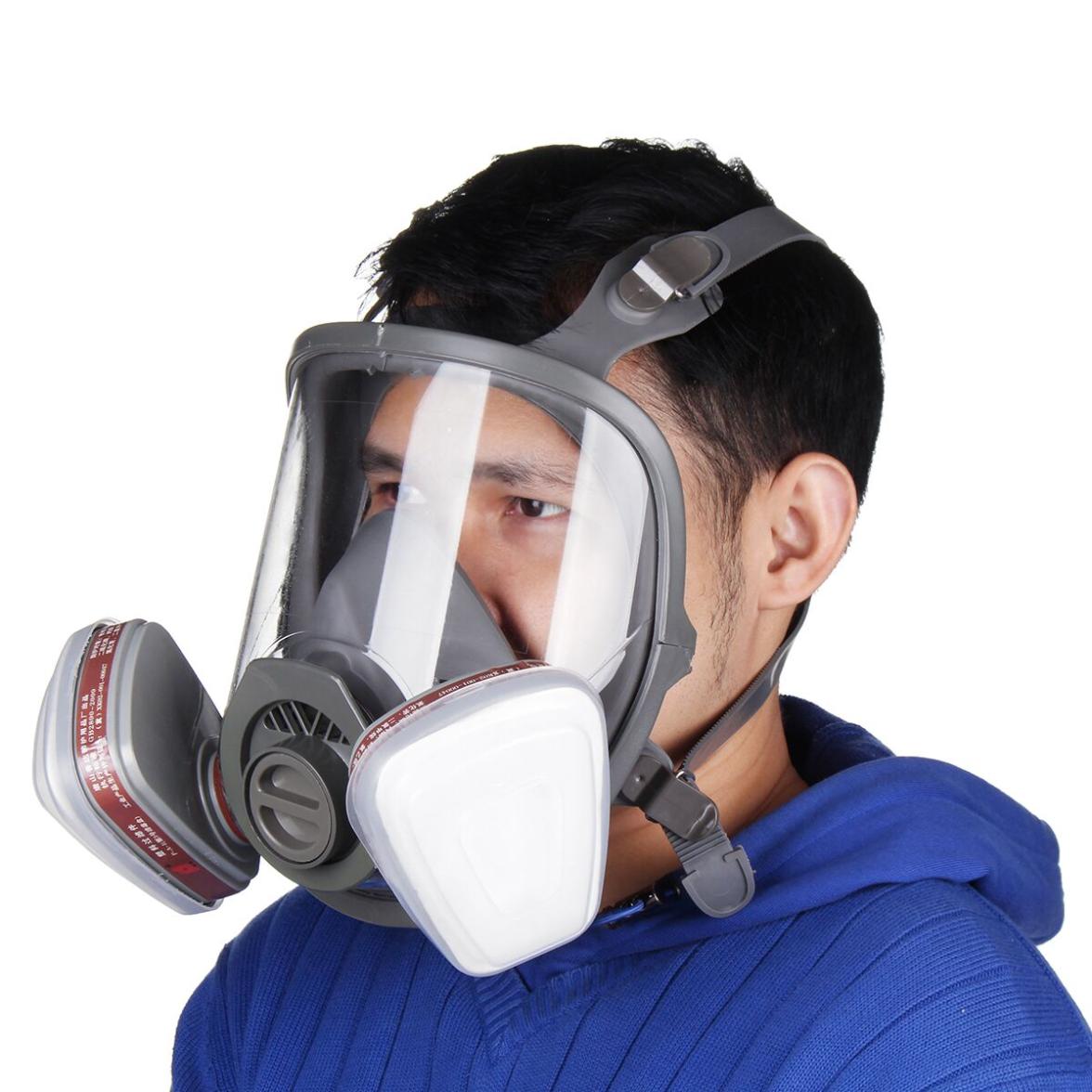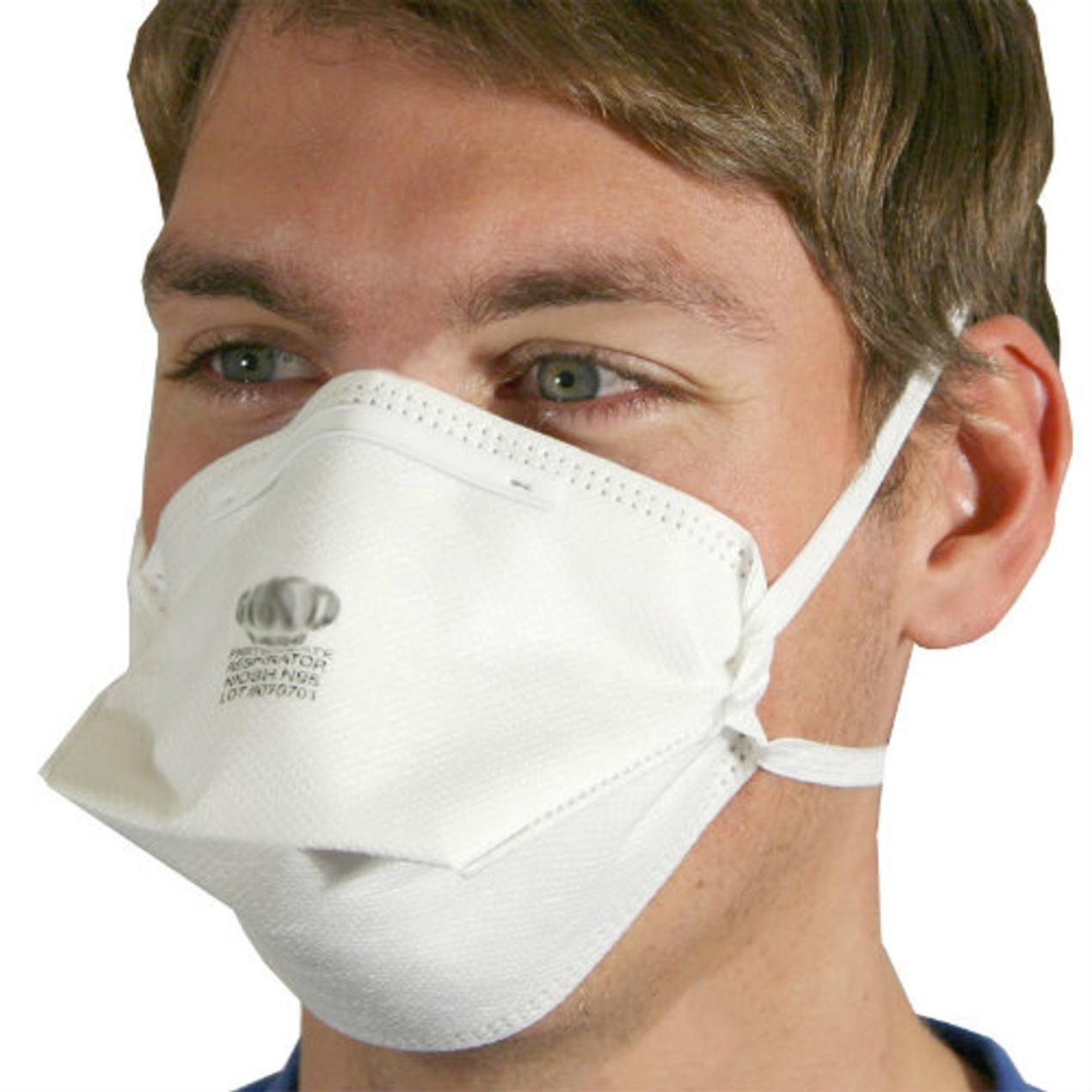What Are the Legal Implications of Not Wearing Face Masks in Restaurants?
The ongoing COVID-19 pandemic has sparked heated debates and controversies surrounding the use of face masks in public spaces, including restaurants. As businesses reopen and communities grapple with balancing public health and individual liberties, understanding the legal implications of not wearing face masks in restaurants is crucial for both individuals and business owners.

I. Legal Framework
The legal authority that governs face mask mandates in restaurants varies across jurisdictions. Federal, state, and local laws, as well as health codes and public health guidelines, play a role in shaping the legal landscape.
Federal Laws And Regulations
- The Centers for Disease Control and Prevention (CDC) has issued guidelines recommending the use of face masks in public settings, including restaurants.
- The Occupational Safety and Health Administration (OSHA) has issued guidance for employers to protect workers from COVID-19, including requiring face masks in certain workplaces.
State And Local Ordinances
- Many states and local governments have enacted ordinances requiring face masks in public places, including restaurants.
- These ordinances typically specify the circumstances under which face masks are required, such as when customers are not actively eating or drinking.
Health Codes And Public Health Guidelines
- Health codes and public health guidelines often include provisions related to hygiene and sanitation in restaurants.
- These guidelines may recommend or require the use of face masks by restaurant employees and customers to prevent the spread of infectious diseases.
II. Potential Legal Implications For Individuals
Individuals who choose not to wear face masks in restaurants may face various legal consequences, depending on the specific laws and regulations in their jurisdiction.
Civil Penalties
- Fines and Citations: Violating face mask mandates may result in fines or citations issued by law enforcement or health officials.
- Suspension or Revocation of Business Licenses: In some cases, repeated violations may lead to the suspension or revocation of business licenses for restaurants that fail to enforce face mask requirements.
- Denial of Service or Entry to Restaurants: Businesses have the right to refuse service or entry to customers who refuse to wear face masks, as long as they do so in a non-discriminatory manner.
Criminal Charges
- Misdemeanor or Felony Charges: In some jurisdictions, violating face mask mandates may be considered a misdemeanor or even a felony offense, punishable by jail time, probation, or fines.
- Community Service or Fines: In lieu of jail time, individuals may be ordered to perform community service or pay fines as a consequence for violating face mask mandates.
III. Legal Defenses And Challenges
Individuals who are cited or charged for not wearing face masks in restaurants may have various legal defenses and challenges available to them.
Constitutional Rights
- Freedom of Speech and Expression: Some individuals may argue that face mask mandates violate their right to freedom of speech and expression.
- Right to Privacy: Others may claim that face mask mandates infringe on their right to privacy and bodily autonomy.
- Equal Protection and Due Process: Challenges may also be raised based on equal protection and due process grounds, arguing that face mask mandates are discriminatory or applied unfairly.
Religious Exemptions
- Bona Fide Religious Beliefs: Individuals with sincerely held religious beliefs that conflict with face mask requirements may seek religious exemptions.
- Reasonable Accommodations: Businesses may be required to provide reasonable accommodations for individuals with religious objections, such as allowing them to wear face shields instead of masks.
Medical Conditions
- Legitimate Health Concerns: Individuals with certain medical conditions that make it difficult or impossible to wear a face mask may be exempt from face mask mandates.
- Disability Accommodations: Businesses may be required to provide reasonable accommodations for individuals with disabilities that prevent them from wearing face masks.
IV. Employer And Business Liability

Restaurant owners and operators have a duty to provide a safe workplace for their employees and customers. This includes taking reasonable steps to prevent the spread of COVID-19, such as enforcing face mask requirements.
Duty To Provide A Safe Workplace
- OSHA Regulations and Guidelines: Employers are required to comply with OSHA regulations and guidelines related to workplace safety, including those pertaining to COVID-19.
- Employer's Responsibility to Protect Employees and Customers: Businesses have a legal obligation to protect the health and safety of their employees and customers, which may include implementing face mask policies.
Liability For Customer Actions
- Negligence and Premises Liability: Businesses may be held liable for injuries or illnesses sustained by customers due to negligence or failure to maintain a safe environment, including failing to enforce face mask requirements.
- Vicarious Liability: In some cases, businesses may be held vicariously liable for the actions of their employees, such as if an employee fails to enforce face mask requirements and a customer becomes ill as a result.
V. Legal Precedents And Case Studies
Courts have begun to address legal challenges to face mask mandates in restaurants and other public places. These cases provide valuable insights into the legal landscape surrounding this issue.
- In State v. Smith, a state court upheld a face mask mandate in a restaurant, finding that the government's interest in protecting public health outweighed the individual's right to freedom of expression.
- In Doe v. City of San Francisco, a federal court struck down a face mask mandate in a restaurant, ruling that the mandate violated the plaintiff's right to religious freedom.
VI. Conclusion

The legal implications of not wearing face masks in restaurants are complex and evolving. Individuals who choose not to wear face masks may face civil penalties, criminal charges, or other legal consequences. Businesses have a duty to provide a safe workplace and may be held liable for injuries or illnesses sustained by customers due to negligence or failure to enforce face mask requirements. As the COVID-19 pandemic continues, courts and legislatures will continue to grapple with the legal and ethical considerations surrounding face mask mandates in restaurants and other public spaces.
YesNo

Leave a Reply